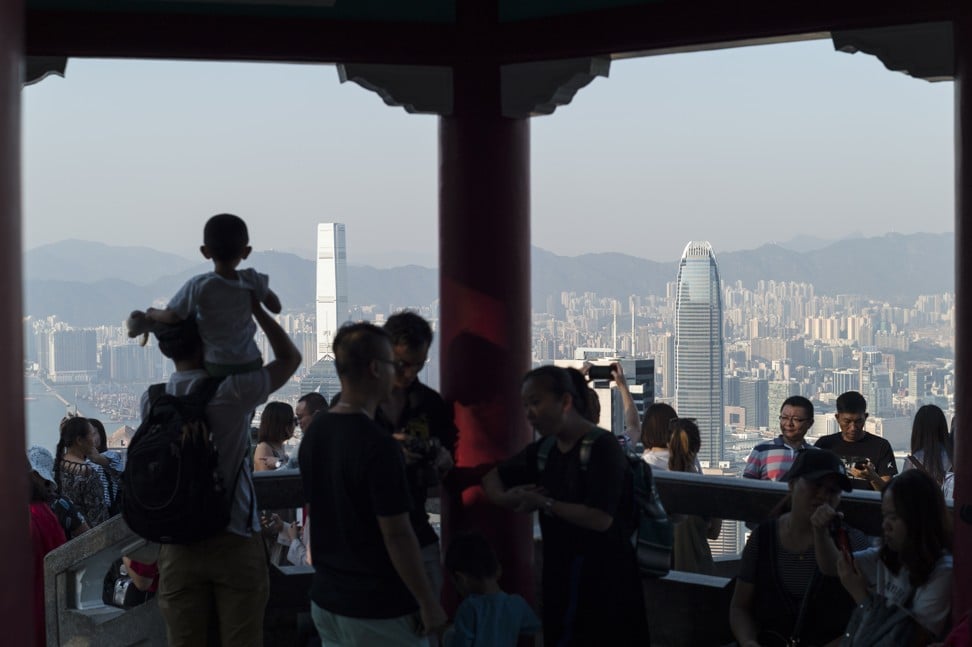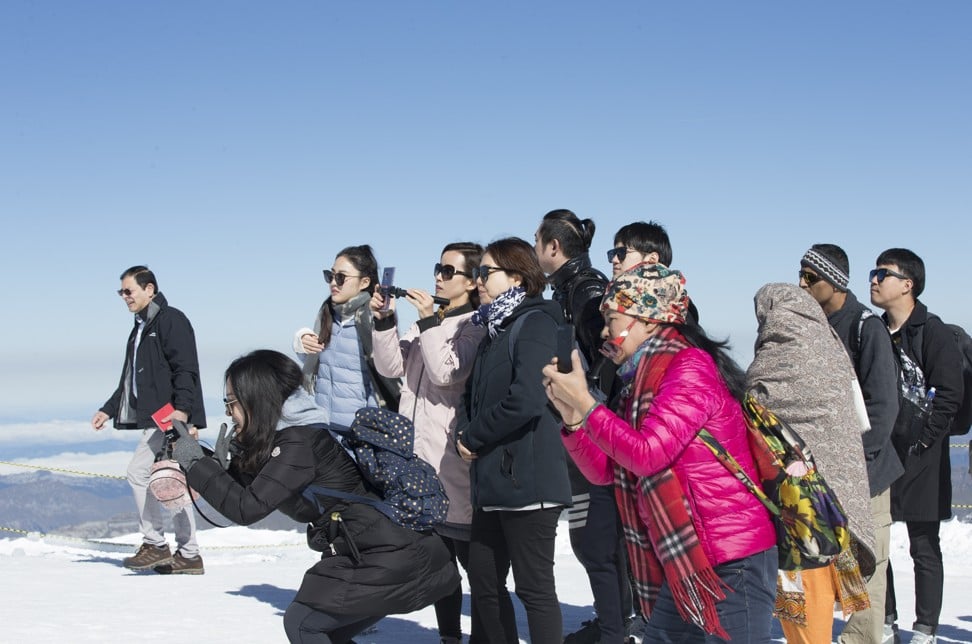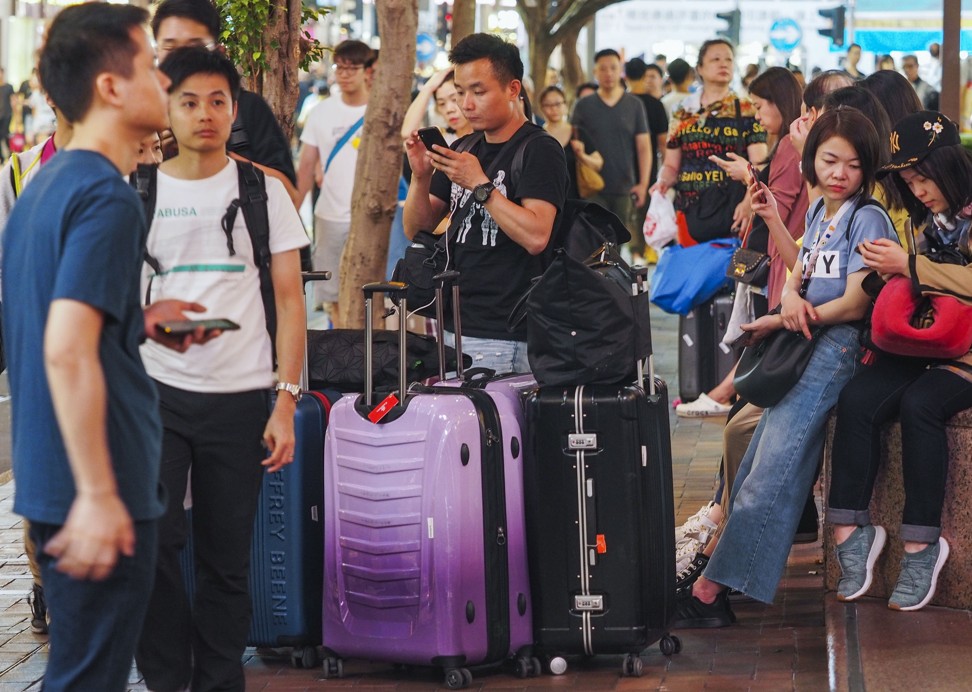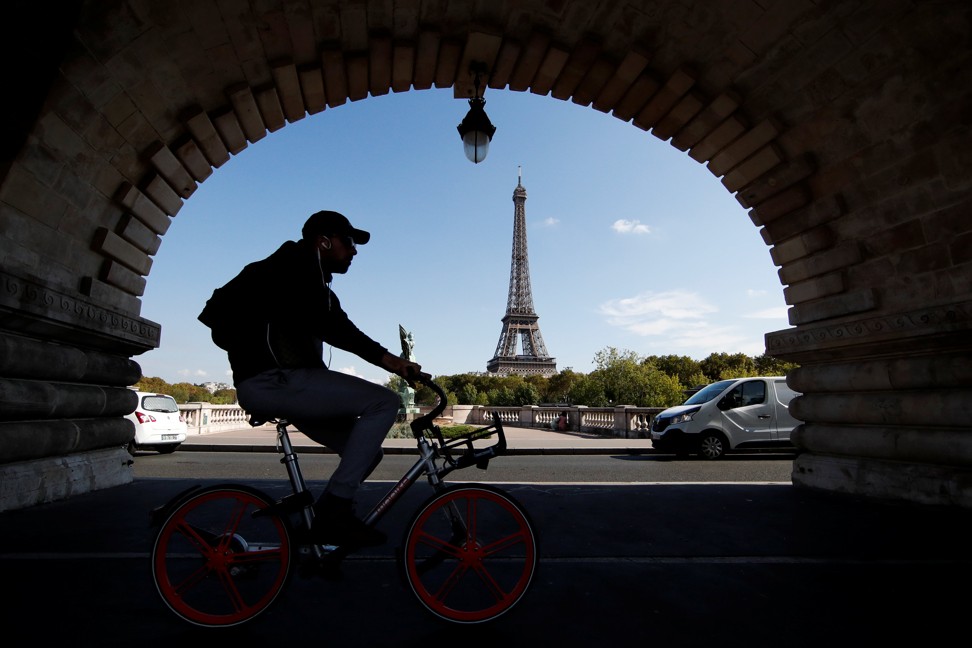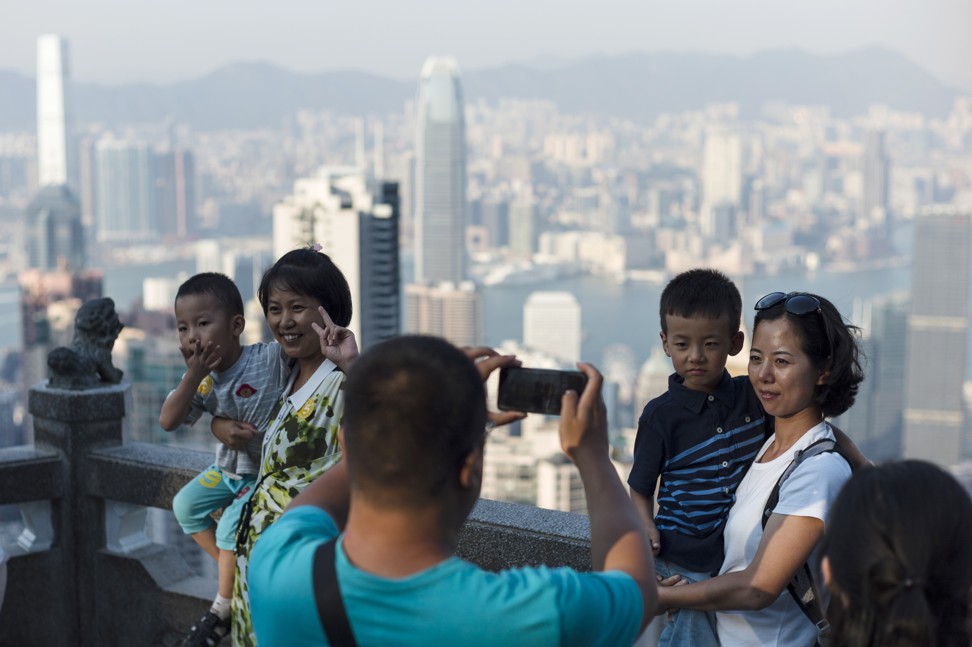What wealthy Chinese want from their travel experiences - and what they don't want

This article was originally written by Ruonan Zheng and was published on Jing Daily
Affluent Chinese tourists, travellers with a net worth of US$1.5 million (10 million yuan) or more, are creating huge opportunities in the outbound travel market thanks to their growing demand for high-quality lifestyle and travel experiences. In 2017, these tourists took one-tenth of China’s total outbound trips, but their overseas consumption accounted for half of all spending from Chinese travellers abroad, according to Chinese research institute Yaok’s report on Chinese affluent travellers.
The report looks at travel behaviour from 2,000 affluent individuals between the months of April and August 2018, and offers insights for brands on how to better understand this demographic – from who they are to where they spend money. Here are Jing Daily’s 5 biggest takeaways along with customer quotes from the report (spoiler: it looks like their travel habits might not differ much from their Western counterparts’ habits).
1. Affluent Chinese travellers are not satisfied with the services currently on the market
The current customer satisfaction rate is poor – less than 20 per cent – and the main complaints include poor customer service, false marketing claims, and price deception. As a rule, the more high-end the customer is, the more concerned they are with customer service, so this is important information for brands looking to conquer the luxury travel market. Because there’s a wide information gap on overseas cultural experiences, the prices of outbound travel packages often vary, and some companies take advantage of customers by charging unreasonably high service fees. And with no regulations in place, the service quality from tour guides and agencies can vary drastically.
Mr Zhao, 40, a small-business owner, said: “I went on a military equipment tour with my buddies in Russia. We had already booked some programmes like outdoor shooting and tank driving, but it turns out we still needed to pay extra. I feel like they are bullying foreigners. It was very unpleasant.”
2. Learning is the purpose of many of their trips
Short overseas study tours, business visits and etiquette training have become common itineraries for affluent travellers on trips abroad. They seek out close encounters with locals, wanting the most authentic experiences available, while 43 per cent said they hope to expand their social circle and make international contacts while abroad. How do they figure this out? A big influence on overseas travel purchases are the travel KOLs, and although these specialists aren’t social media influencers per se, they do drive a lot of business as scholarly experts or local elites who operate within insider circles. In some cases, working with those insiders has led sells for many outbound travel agencies.
Mr Ma, 38, a high-level executive in the finance industry, said: “I am looking to mingle with brand CEOs and am also interested in completing certificates in overseas educational finance programmes to take back home.”
3. Word of mouth is still the primary way to stay informed
Affluent Chinese travellers rely much less on media advertising than mass consumers do. Their most common sources for gathering travel information are friends and family (36 per cent), followed by in-person consulting sessions with travel agencies (28 per cent) and recommendations from business partners (13 per cent). Online and print media holds only a minor influence over their decision-making on travel, falling somewhere between 4 and 10 per cent.
Nina, 28, daughter of a famous Chinese artist, said: “I went on an independent tour with friends to a small town in Austria but was disappointed to discover the over-commercialised programme and advised others not to go.”
4. They order travel packages online
These tourists value efficiency when organising their trips as much as they rely on word of mouth for trip recommendations, the report said. Almost half (47 per cent) of Chinese guests plan to reserve admission to key hot spots ahead of time by booking online. For example, 18 per cent of affluent outbound travellers will make online reservations at Michelin-starred restaurants. They don’t enjoy hunting for travel review tips online, and they’d like to spend as little time as possible maximising their travel experiences, yet they like to be able to access information on those online platforms.
Ms Cindy, 32, a luxury industry executive, said: “I always go on business trips to Paris and Milan to meet with VIP clients, but I’ve learned that it’s essential to book high-end meeting spots early. So I’ve collected a list of contacts at bars, restaurants, and clubs and plan 15 days to a month ahead of time.”
5. They hate hurried itineraries
Products, reviews, price and customer service are all important factors for affluent travellers to consider when booking their itineraries. But quality is still the deciding factor for these tourists, and if their experience is good, they are very willing to spread praise of the purchase to their friends and family. And a big part of quality, it appears, means travelling alone and not on someone else’s timetable. Sixty-five per cent of those surveyed refuse to join tour groups because the pace is too fast. They’d prefer, it seems, to travel independently to fully absorb the local culture.
Mr Li, 40, a real estate owner, said: “Last year I was on a group tour with my parents. It’s lazy travel! We took naps on the bus. Sometimes we got off to take pictures. But now I am planning to do a self-driven tour with my wife and kids to New Zealand, which should be fun.”
Want more stories like this? Sign up here. Follow STYLE on Facebook, Instagram and Twitter

Some complain they are charged high fees while others want to have a relaxing itinerary so they can absorb the local culture
